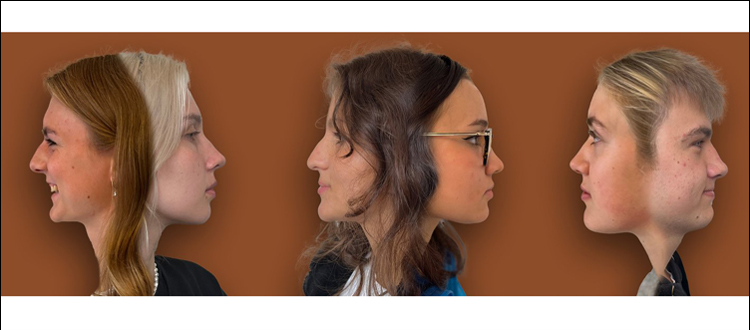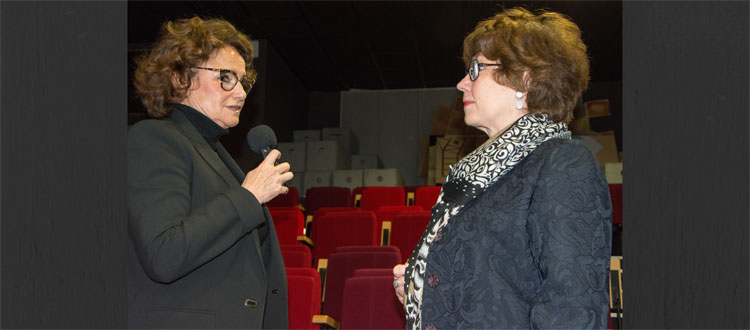School exchange made easy through the international network of german schools abroad
Sarah, Heidi, Helen and Franek are currently studying at the German School of Oslo. They come from Toulouse, London and Warsaw, and are part of the first school exchange organised by the network of German schools abroad. While they get to know their host school, the city and surroundings, four pupils from the German School of Oslo are in Helsinki, Warsaw, London and Toulouse. In total, 25 pupils from seven different cities are participating in this inaugural exchange.
Mr Jörg Mergner, coordinator of grades 10, 11 and 12 at the German School of Toulouse and one of the pilot project’s organisers, told us more.
What is this pilot project’s aim?
We wanted to offer our students the chance to study abroad without too many difficulties, to discover the school life of another German school abroad and, ideally, make contacts for life. As a German school abroad, we have a large international network at our fingertips, and we maintain close contacts with our colleagues in the various countries, which benefits our students.
How was the exchange programme organised?
It was organised and coordinated with my colleagues in northern and western Europe. Thanks to our good relationships and regular video exchanges, it was easy to sort out the general conditions for this initial project, such as limiting the number of participants per school this year to three or four pupils in grades 10 and 11. The hardest part was finding the best time for the exchange.
Do the pupils travel at the same time?
We thought it was easier to change the timetable once for 10 days than several times a year. Also, the exchanges’ parallel organisation makes it simpler to organise accommodation. We wanted every pupil to benefit, including those who don’t necessarily have an extra bed or a guest room at home. Under this scheme, host pupils stay in the rooms of exchange pupils.
Who is the contact person for the students on site?
We, the coordinators, are the first point of contact. Also, in each class there are pupils known as buddies, who accompany the exchange pupils. Generally, pupils in the Schools Abroad are used to welcoming newcomers, so integrating host students into a class happens quite naturally.
Are there any cities that attract more pupils, and how are students distributed among the schools?
We expected London and Toulouse to be very popular because of the language spoken, but in fact we were able to spread the students around the cities easily and could match most of their first choices. Our students in Toulouse mainly went to Scandinavia.
How does this project fit in with the classes involved?
As I saw in Toulouse, it’s mainly the buddies who create a bridge between the host pupils and the children in the class, and also offer activities outside the school. For my part, the pilot project worked exactly as we had imagined in Toulouse.

Mr Jörg Mergner is coordinator of grades 10, 11 and 12 at the German School of Toulouse and one of the pilot project’s organisers


